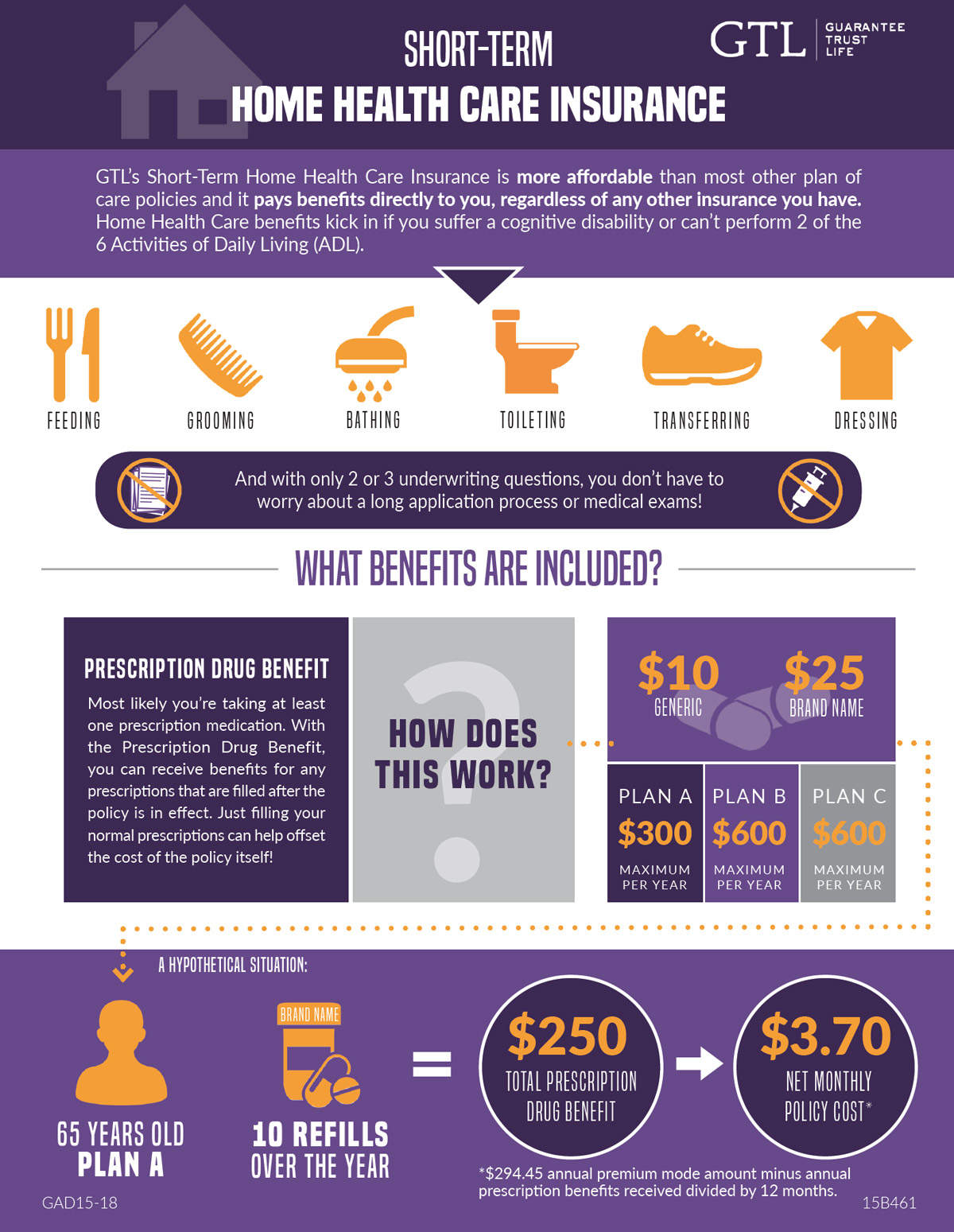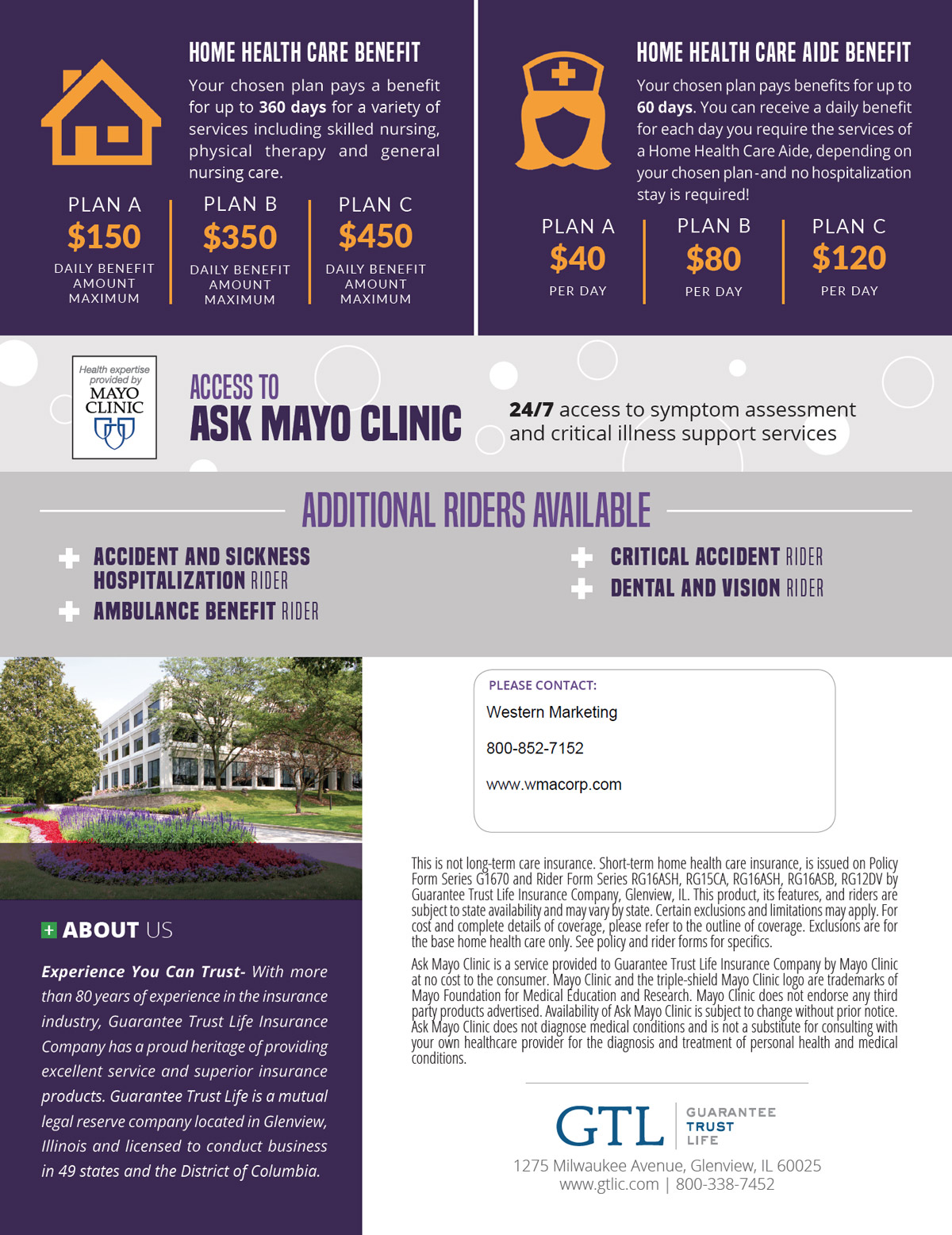SENIOR MARKET BLOG
Industry news, product updates, and sales ideas for insurance agents serving the 50 million Americans over age 65.
Magnifact Launches AgentVizion™ at Western Marketing


presented by: Western Marketing
Western Marketing launches new online training and resource center for independent agents called AGENCY PLAYBOOK.
Resources to help you grow your agency!
- Training Video Series - learn to address 4 major concerns all Seniors have
- Sales presentations - don't re-invent the wheel, it's already done for you
- Scripts for all products - learn proven sales processes & closing techniques
- Seminar Marketing - turn-key system to get you in front of more prospects
- Business coaching - the steps for taking your agency to the next level
- Downloads for White Labeling - add your logo & create your own Playbook
- Discussion forum - ask questions and share ideas with other agents like you
- and much more!
CALL 1-

New Medicare cards are coming !
Medicare is mailing new Medicare cards to all people with Medicare starting in April 2018.
10 Things to know about your new Medicare card
:
- Your new card will automatically come to you. You don’t need to do anything as long as your address is up to date. If you need to update your address, visit your mySocial Security account.
- Your new card will have a new Medicare Number that’s unique to you, instead of your Social Security Number. This will help to protect your identity.
- Your Medicare coverage and benefits will stay the same.
- Mailing takes time. Your card may arrive at a different time than your friend’s or neighbor’s.
- Your new card is paper, which is easier for many providers to use and copy.
- Once you get your new Medicare card, destroy your old Medicare card and start using your new card right away.
- If you’re in a Medicare Advantage Plan (like an HMO or PPO), your Medicare Advantage Plan ID card is your main card for Medicare—you should still keep and use it whenever you need care. However, you also may be asked to show your new Medicare card, so you should carry this card too.
- Doctors, other health care providers and facilities know it’s coming and will ask for your new Medicare card when you need care, so carry it with you.
- Only give your new Medicare Number to doctors, pharmacists, other health care providers, your insurers, or people you trust to work with Medicare on your behalf.
- If you forget your new card, you, your doctor or other health care provider may be able to look up your Medicare Number online.
SOURCE: Medicare.gov
https://www.medicare.gov/forms-help-and-resources/your-medicare-card.html

The traditional long-term care insurance market has faced increasing stress as the number of carriers continues to fade. Not only is qualifying for LTC difficult for clients, increasing premiums also put a strain on existing policyholders. The market has made a decided shift to LTC alternatives. If you are not talking to your clients about these alternatives, chances are your competition is. Check out these hybrids that will cover your client's looming LTC risks:
LTC Annuity: This is a simple product that works on a Multi-Year Guarantee Annuity strategy. The equation is simple, whatever your client deposits into the annuity, the LTC benefit is triple the accumulation value. For example, a client deposits $100,000, they would in return get a $300,000 LTC benefit and also gain interest on their initial premium!
LTC Life Hybrid #1: This is a Universal Life policy that accepts a single lump sum and provides a LTC benefit based on the single premium and also provides a death benefit. Your clients have the option of choosing an inflation rider as well to protect against inflation and increasing LTC costs
LTC Life Hybrid #2: This is also a Universal Life policy that accepts a single lump sum all the way to a 10-pay option. If your client does not have the initial funds, this is a great way to protect against LTC risks on a multi-pay option. This product also offers an inflation rider to combat increasing LTC costs.
The market shift has allowed your clients to cover LTC risks in unique ways that, up until now, have always been unconventional.
Call Western Marketing today at

Do you have clients with assets in lazy money accounts such as CDs, Money Markets, Checking/Savings or Low-Yield Bonds? The money sitting around in these accounts generates little to no return on the investment.
Put this lazy money to work with the power of life insurance!
By re-positioning these assets into a Single Premium Life Insurance policy, your clients will gain these benefits:
- Immediately increases the value of their estate
- Guaranteed cash value and death benefit
- Access to the cash value in an emergency
- Not subject to stock market volatility
- Simple and convenient single payment
- Money moved from a taxable to a TAX FREE vehicle for beneficiaries
- Avoid the expenses and hassles of probate
Start offering Single Premium Life and earn commissions up to 15%!
CLICK HERE to see our SPL carriers.

CLICK HERE for more info on our top Dental Plans



Advisors and Clients Stuck in Strategies Ignoring Longevity

Med Supp vs. MA: Which One Is Right for Your Client?
If you’ve been keeping up with everything that has been happening in senior health care, then you have noticed all the changes within the Medicare program. However, Medicare is more than just insurance.
In many ways, Medicare is a capstone for the years and, in some cases, decades of planning and work that advisors have done to help their clients plan and save for a comfortable retirement.
Health care costs continue to be the No. 1 cause of bankruptcies in the United States, and this is especially true among the elderly. A good, solid, compatible health care plan that works with Medicare can go a long way toward making sure your clients’ retirement years work out the way they, and you, have planned.
The catch is that there are two solutions to these problems. Depending on where you live, both solutions are viable for some clients, but are not the right fit for others. A third option exists: employer or group coverage. I will skip discussing that third option in this article because employer/group coverage is not available to all your clients, and the benefits and costs associated with that coverage are vast. If a group option exists, take a look at it as a viable choice for your client, but do not assume it is better coverage than the private options. It always pays to do some due diligence comparisons with these plans.
So let’s take a look at our two contenders.
Old Faithful: The Medicare Supplement
Medicare supplements have been mostly unchanged since 1990. Prescription drugs were removed from the plans in 2006. Over the years, a few plan letters were eliminated and a few more plan types were added. But for the most part, a Medicare supplement today is still the Medicare supplement of 20 years ago. That is important. Medicare supplements generally do not change their benefits much from year to year.
Medicare supplements have plan letters. They range from A through N, with some letters skipped. And the plan letters from 1990 offer pretty much the same things today as they did then. The best way to get a look at Medicare supplement benefits is to review an insurance company’s summary of benefits or the government guide, “Choosing a Medigap Policy.” For most plans, a benefit is covered at 100 percent or not covered at all. If you have a client who wants something fully covered — no copays, no fuss, no annual changes — this could be what they want. And to make things even more convenient, your client can use most supplements with any doctor, any hospital, anywhere in the United States as long as those doctors and hospitals accept Medicare. So there are neither network considerations nor travel restrictions on health care if your client opts for a Medicare supplement.
But the Medicare supplement has two downsides. The first is the premium. Although premiums generally vary by state, county and even ZIP code, they tend to be larger than premiums charged by other plans. Medicare supplement premiums also have a tendency to go up, probably on an annual basis.
The other downside to a Medicare supplement is underwriting. A supplement requires your client to answer health questions. Depending on your client’s health, the opportunity might be closed to them at a later date. Federal laws require one opportunity to get a Medicare supplement on a guaranteed basis once in a person’s lifetime. This is called an “open enrollment period.” Some states extend or repeat that period beyond the federally mandated minimums, but if your client lives in a state where there is only one open enrollment period in a lifetime, the idea of a supplement and the consequences of its premium should not be overlooked.
This type of plan is a natural extension of financial planning and the other insurance products the advisor offers. The premium is easily projected coverage that’s guaranteed renewable for life.
The Scrappy Contender: Medicare Advantage
OK, that’s a bit of a misnomer. Medicare Advantage isn’t exactly new. This year marks the 10th anniversary of Medicare Advantage in its current form, but Medicare Advantage has a history of more than 20 years in the market under different names.
Medicare Advantage plans are alternative ways to receive health care. A person in a Medicare Advantage plan is still in the Medicare program (they must continue to pay their Medicare Part B premium), but they choose to replace Medicare Parts A and B’s cost-sharing with the insurance company’s coinsurance and copays. The 20 percent coinsurance of Medicare Part B is still there, just broken down and transformed into more projectable costs. There is no Medicare supplement-style product that will cover leftover costs as thoroughly and completely as Medicare plus a Medicare supplement. But if you have clients with a preference for a reduced “pay-as-you-go” program, this is a way to give them what they want.
Medicare Advantage plans are the right choice for some clients. A Medicare Advantage plan typically has a monthly cost that is lower than a Medicare supplement. In some areas, there are options available at no additional cost beyond the payment of the Medicare Part B premium.
I’ve had financial advisors ask, “If these just change the structure of the Medicare Part B coinsurance, is there any reason to consider these plans over having nothing at all?” The answer is a definite yes. The copays on Medicare are typically a flat 20 percent with no cap on them.
Medicare Advantage gives you a schedule of costs your clients can plan for. Medicare Advantage plans also have a maximum out-of-pocket limit. This means that if the worst happens to your client’s health, there is a fixed amount of cost they can prepare for. Also, many Medicare Advantage plans include prescription drug coverage, adding a level of convenience for some clients.
Medicare Advantage plans have some downsides, however. The two most critical are networks and the out-of-pocket maximum. Typically, that maximum is many times the annual premium of a Medicare supplement. If you are dealing with a client who is concerned about having many out-of-pocket costs, the Medicare Advantage plans might not be a good fit.
And a Medicare Advantage plan is networked. The two most prevalent types of plans around the country are HMO plans and PPO plans. This means that access to doctors might be a concern, depending on your client’s needs and location.
Medicare Advantage plans have another consideration: change. Medicare Advantage plans alter their cost structure annually. This means that the premiums, copays, coverage, drug list and even counties where they provide service can increase, decrease or drop completely. Essentially, every Jan. 1, any client you have in a Medicare Advantage plan has a brand-new plan.
The Referee: You!
We tell our clients that we understand they really don’t need us if they want to buy insurance. Just about every company will sell it to them online, over the telephone or by mail. The reason why you will get clients to buy from you is because you will do the analysis for them. A typical client does not know what they do not know about health care. And by showing the good and the bad about the choices available to them, you are doing as much to help them protect their assets as you would with any other line of product.
Source: Insurance News Net Magazine http://www.insurancenewsnetmagazine.com/article/-med-supp-vs-ma-which-one-is-right-for-your-client-3062#.V35x6X7ruUk






